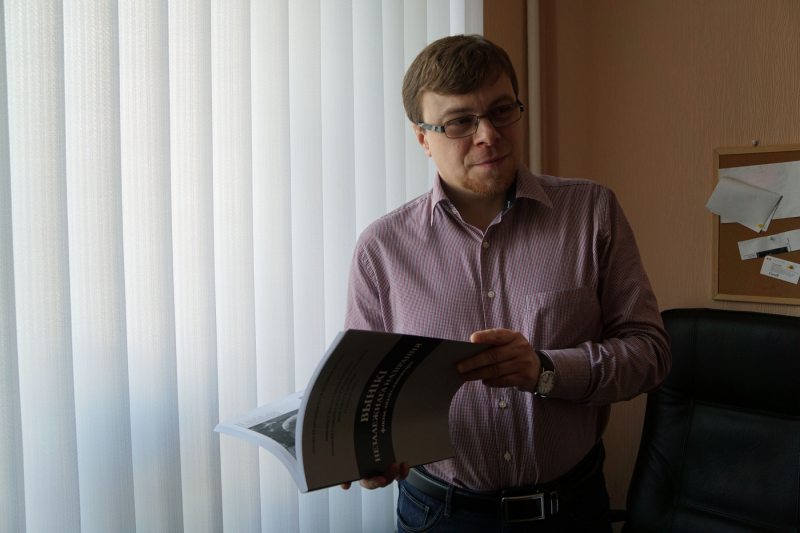Belarus shelves amendments to Electoral Code
Absence of any public information regarding previously announced steps to improve the election legislation suggests that the work of state bodies in this direction has been frozen. Despite this, human rights activists involved in independent monitoring of election campaigns and analytical work in the area continue their efforts aimed at bringing the provisions of the Electoral Code and law enforcement practices in line with international standards.
To this end, analysts of the campaign "Human Rights Defenders for Free Elections" presented the results of monitoring last year’s parliamentary elections to the current MPs, who have gathered for the second session of the sixth convocation opened last week. The final report was sent to each of the 110 deputies of the Parliament’s lower house, as well as the Central Election Commission and the President’s Administration.
Earlier, the Central Election Commission announced the consideration of the implementation of the recommendations of the ODIHR and other observers in the electoral legislation of Belarus, which was expected to be done by the Parliament in one of its next sessions.
"As the parliamentary session has started, we have sent our report to the deputies, so that they paid attention to the flagrant violations of international standards for free and democratic elections, which were documented by the campaign’s observers and analysts in different regions of the country. We would like the deputies to read how they were actually elected,” says Uladzimir Labkovich, coordinator of the campaign "Human Rights Defenders for Free Elections".
Reflecting on how independent observers can count on a constructive response to their reports by the deputies elected in elections that are not credible, either domestically or in the international community, the human rights activist noted that in this case the authorities themselves declared their desire to improve the electoral law, while the Parliament is the body formally entitled to make changes to the legislation.
"We came to the conclusion that the 2016 parliamentary elections could not be considered to be free and fair. Our report contains recommendations which, we believe, should be taken into account when making changes and additions to the Electoral Code, because without changing some procedures Belarusian elections cannot be closer to the international standards.” Labkovich said. “We present the results of monitoring, evaluation and approaches of our campaign to representatives of public authorities, who - if truly showing the political will to organize free and democratic elections - should listen to them. Otherwise, Belarus will continue to remain in a deadlock, when the elections are not recognized by any international observers or independent national observers.”
The website of the House of Representatives says nothing about meetings of deputies on changes to the electoral law.
Earlier, the campaign "Human Rights Defenders for Free Elections" send its proposals to the Central Election Commission, campaign coordinator and leader of the Belarusian Helsinki Committee Aleh Hulak took part in the session of an interdepartmental expert working group to review the OSCE ODIHR recommendations on the improvement of the electoral process in Belarus, where he presented the campaign’s approaches to amending the electoral legislation.
It is known that a meeting with the President was scheduled for March 20, where the Central Election Commission was expected to submit the results of the work of the interdepartmental working group, but no information about such a meeting has been published on the CEC website or in the media.
"Perhaps the authorities are so busy fighting the mythical ‘riots’ that this question has been put on the shelf. We know anything about it,” said Labkovich. “Unfortunately, the results of the work by the group remain completely non-public, with no information on preparing possible changes to the Electoral Code. No one yet knows what recommendations were recognized by the Belarusian authorities and will be finally implemented. According to our information, the ODIHR is also in the dark as to which of these recommendations have been admitted. Nor were they notified of the results of the group’s work. At least, there was no public information about it.”
According to the human rights activist, the domestic observation campaign will also send its report to the ODIHR.
"This is actually the only international mission, which prepares unbiased reports and after each election prepares recommendations to change the electoral legislation in Belarus, while some of them are urgent. Given that the government of Belarus declared that they were going to follow the recommendations of the OSCE ODIHR, we, of course, will send our report to the OSCE experts, too.”
At the same time, he stressed that the report by the campaign "Human Rights Defenders for Free Elections" and the report by the OSCE international observers actually coincide in their estimates with respect to the practices as developed in Belarus.
Read the report: “Results of Independent Observation: Facts, Analysis, Comments”


